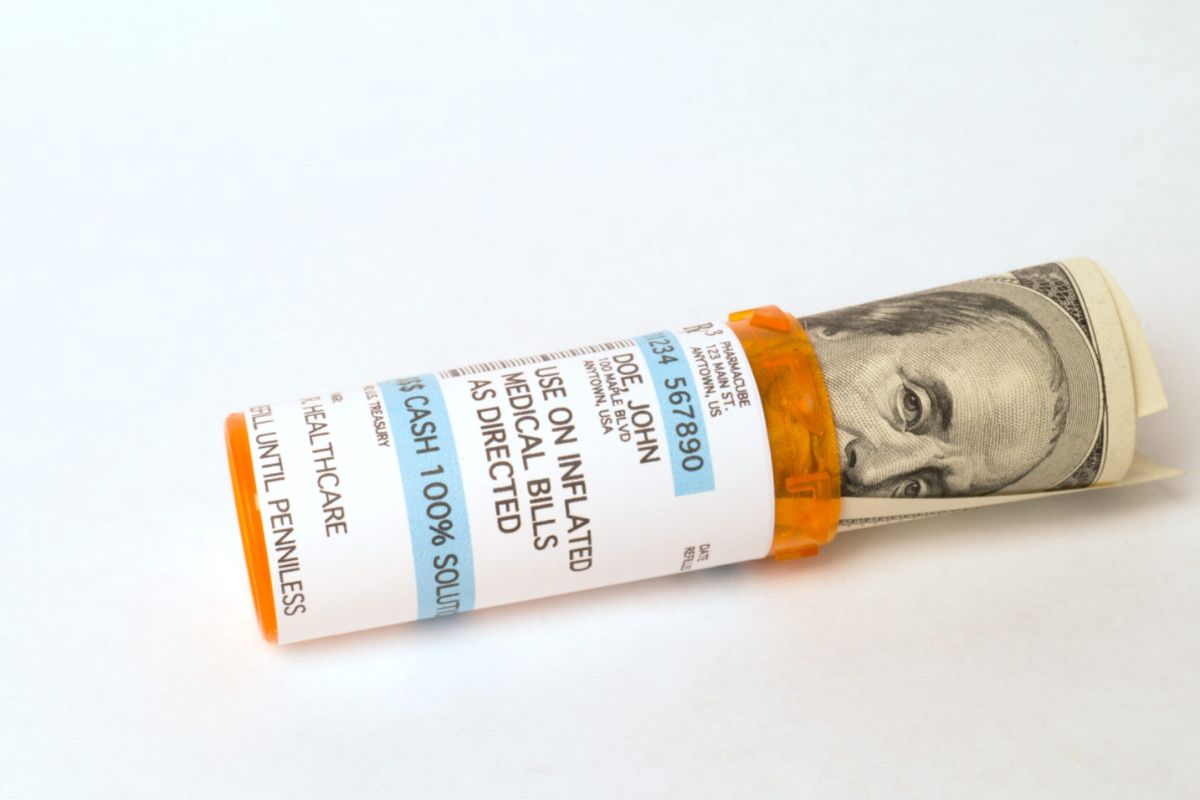Controversial Alabama Drug Bill Sparks: Huntsville, The recent introduction of Alabama House Bill 238 has stirred significant controversy within the healthcare community, particularly concerning drug pricing and reimbursement practices. This bill, aimed at ensuring fair compensation for pharmacies, has sparked a heated debate among stakeholders, including insurers, healthcare providers, and patients.
The implications of HB 238 reach far beyond Alabama, potentially setting a precedent for similar legislation nationwide. As perspectives clash on the potential impact of this bill, questions arise about the broader implications for healthcare affordability and access.
Bill Aims to Ensure Fair Reimbursement for Pharmacies
In the pursuit of equitable reimbursement for pharmacies, Rep. Phillip Rigsby, R-Huntsville, has sponsored HB 238, which addresses the financial challenges faced by pharmacists, particularly those in rural areas, by proposing a fixed prescription price plus a dispensing fee. The bill aims to combat the strain on pharmacies caused by Pharmacy Benefit Managers (PBMs) reimbursing below costs. Under HB 238, PBMs would be required to pay pharmacies the state-set prescription price along with a dispensing fee of $10.64. Rigsby, a pharmacist himself, emphasizes the necessity of ensuring fair compensation for pharmacies to maintain their services, especially in underserved rural regions.
Having secured passage through the House Insurance committee, HB 238 now awaits deliberation and voting in the Alabama House of Representatives. While critics express concerns about potential cost increases for consumers and broader economic implications, supporters argue that the bill is crucial for safeguarding the viability of local pharmacies and guaranteeing continued access to essential medications for patients.
Impact on Health Insurance Plans and Patients
The implementation of HB 238’s dispensing fee could potentially impact the financial landscape of health insurance plans and patients in Alabama. The provision requiring health insurance companies to reimburse Pharmacy Benefit Managers (PBMs) the $10.64 fee may lead to increased premiums or co-pays for patients.
Critics are concerned about the potential rise in costs and the implications for insurance programs, such as those overseen by the Retirement Systems of Alabama (RSA). RSA foresees immediate cost escalations and potential long-term consequences, such as drug manufacturers adjusting prices.
Proponents, like the Alliance of Alabama Healthcare Consumers, argue in favor of ensuring pharmacists’ financial stability and reject claims that the fee acts as a direct tax on patients. The prohibition on PBMs invoicing health benefit plans differently from pharmacy reimbursements under HB 238 could have far-reaching effects on the affordability and accessibility of healthcare for Alabama residents, prompting debates on the bill’s overall impact on the state’s health insurance system.

ALSO READ: Sheffield Wins Alabama’s Top Tree Title! Find Out Why
Debate Surrounding HB 238
Amidst the contentious debate surrounding HB 238, stakeholders in Alabama’s healthcare sector are deeply divided on the implications of the proposed pharmacy reimbursement fee.
Advocates, led by Robin Stone of the Alliance of Alabama Healthcare Consumers, emphasize the necessity of ensuring pharmacists’ financial stability to maintain quality care standards. They argue that the fee is crucial for pharmacies to sustain operations effectively.
On the other side of the spectrum, opponents like Neah Scott from the Retirement Systems of Alabama express concerns about potential cost escalations for consumers and the broader healthcare system. They fear that the fee could lead to increased healthcare expenses in the long run, impacting patients’ access to essential medications.
Rep. Rigsby, the bill’s sponsor, defends the fee, stating that it is not a direct burden on patients but rather a mechanism to support pharmacies’ viability.
The ongoing discourse underscores the complex challenge of balancing pharmacy sustainability, patient affordability, and healthcare access within Alabama’s evolving healthcare landscape.
News in Brief
Controversy Surrounds Alabama House Bill 238. Alabama House Bill 238, aimed at ensuring fair reimbursement for pharmacies, sparks debate over drug pricing and reimbursement practices. Sponsored by Rep. Phillip Rigsby (R-Huntsville), the bill proposes a fixed prescription price plus a $10.64 dispensing fee to address pharmacies’ financial challenges, particularly in rural areas.
Passage through the House Insurance committee prompts concerns about potential cost increases for consumers and impacts on health insurance plans. Supporters argue it’s crucial for pharmacy viability, while critics fear broader economic implications. The bill awaits voting in the Alabama House of Representatives, with its implications extending beyond Alabama’s healthcare landscape. Stakeholders clash over the bill’s potential impact on pharmacy sustainability, patient affordability, and healthcare access.

